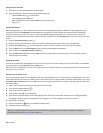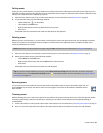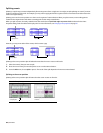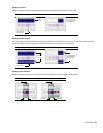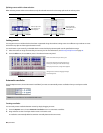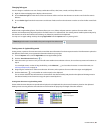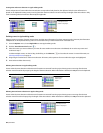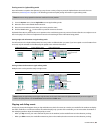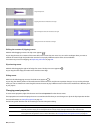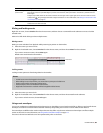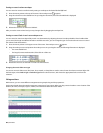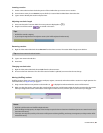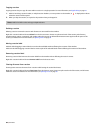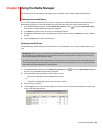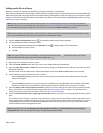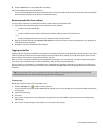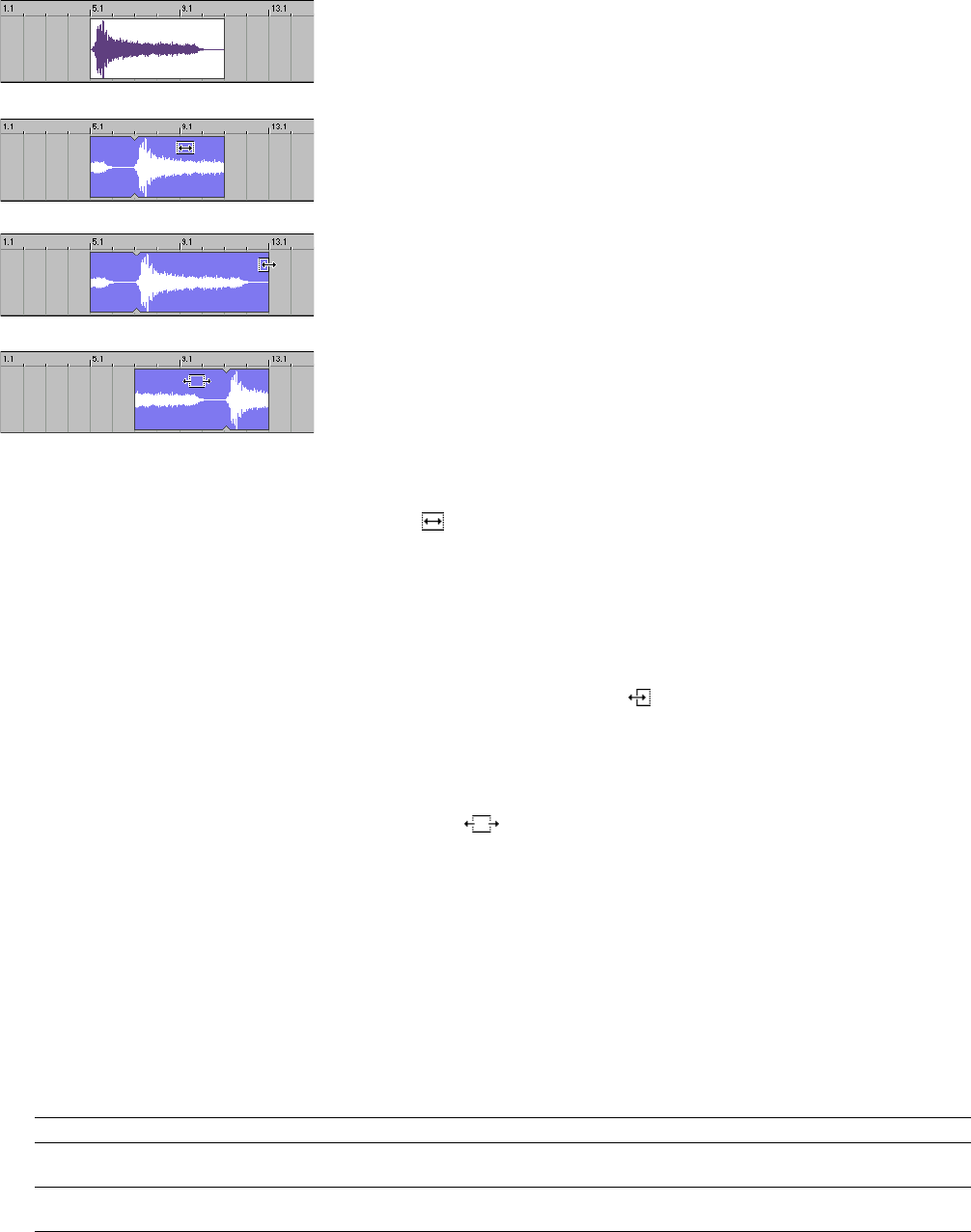
Original loop event
Slipping the event two measures to the right
Slip-trimming the event two measures to the right
Sliding the event two measures to the right
Shifting the contents of (slipping) events
Hold Alt while dragging an event. The slip cursor appears ( ).
As you drag the event, the contents of the event shift, but the event does not move. You can use this technique when you want to
maintain an event’s length and position but want the to event play a different section of the source media file.
For creative ways to use event slipping, see Duplicating with offset on page 298.
Slip-trimming events
Hold Alt while dragging the right or left edge of an event. The slip-trim cursor appears ( ).
As you drag the event edge, the media moves with the event edge.
Sliding events
Hold Ctrl+Alt while dragging an event. The slide cursor appears (
As you drag, the relative position of the media remains fixed on the track, and the event position changes. You can use this technique
when you want to maintain an event’s length but want the event to play a different section of the source media file at a different point
in your project.
Changing event properties
To access event properties, right-click the event and choose Properties from the shortcut menu.
These properties are saved in the project but are not saved into the file when you save changes to a clip in the Clip Properties window
.
For more information, see Saving file properties on page 123.
The following table describes each of the settings in the Event Properties dialog.
).
Item Description
Start offset The Start offset for an event specifies a playback starting position that is different than the beginning of the file. This is
especially useful for loops; you can change the feel of a loop by simply starting on beat two rather than beat one.
Pitch shift The Pitch shift value specifies a pitch shift for the selected event. Event-based pitch shift is calculated after the project key
and any pitch shift assigned to a track.
For more information, see Changing tempo, time signature, and key on page 90.
64 | CHAPTER 3



